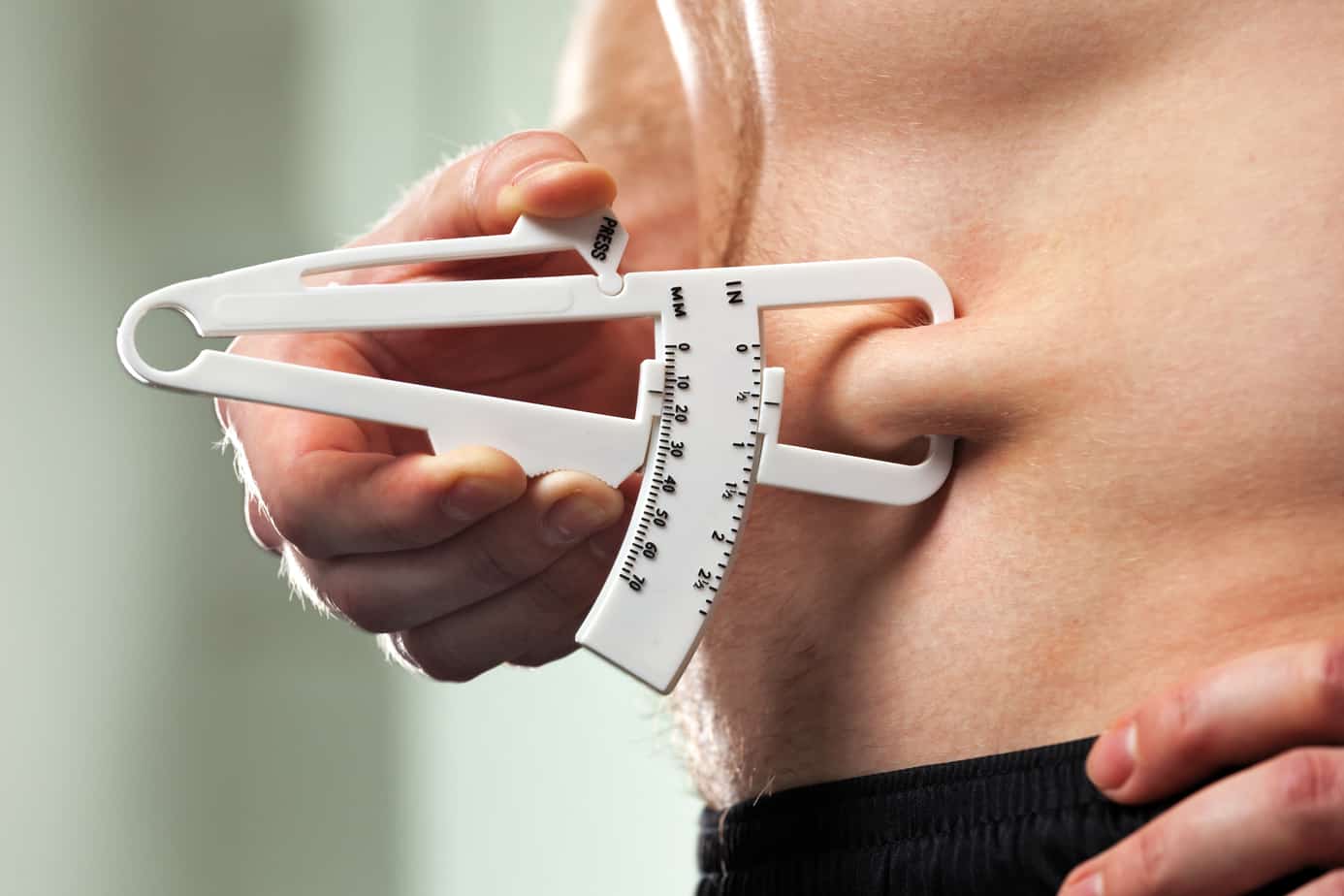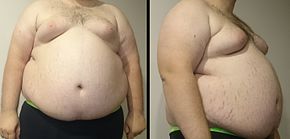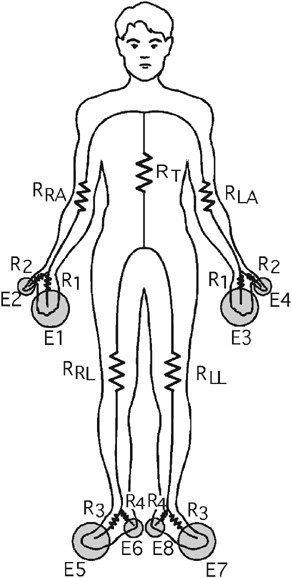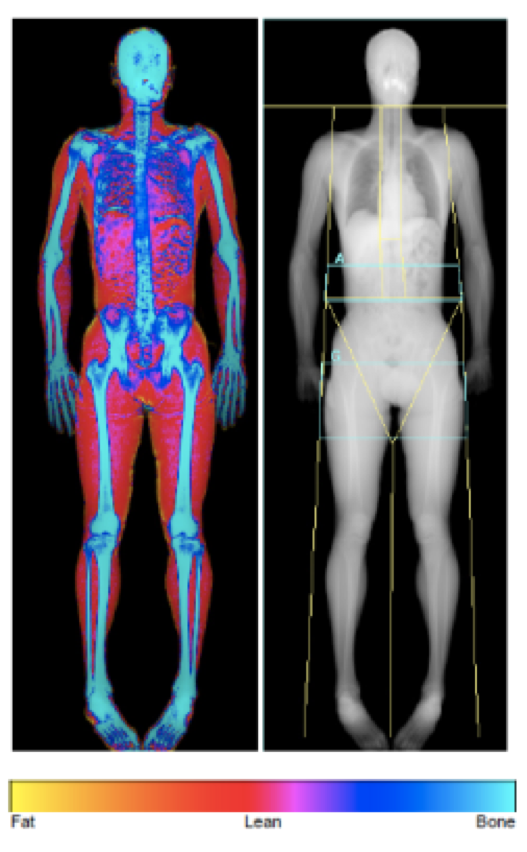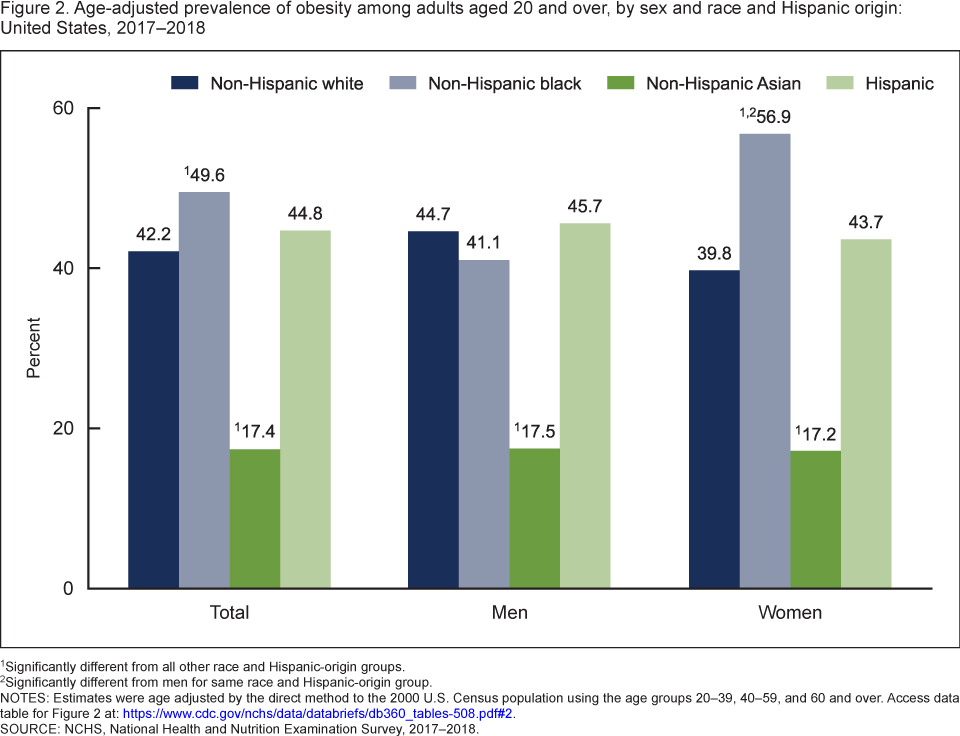
Body Composition Measurement In Severe Obesity
This review focuses on some of the methodological and practical issues associated with the use of common body composition methods and identifies available published information on feasible methods for use in the severely obese. With the increasing prevalence of obesity and lifestyle diseases there is increased need for body composition methods with greater sensitivity and precision. Participants in the severe intervention lost 15 to 17 times as much weight waist circumference whole body fat mass and visceral adipose tissue compared to those in the moderate intervention and were 26 times more likely 42 versus 16 to have lost 10 or more of their. Second bmi assessment is the simplest method for assessing obesity. The aim of our study was to correlate the 6mwd with bmi total and segmental body composition in severe obesity according to gender and obesity grade. Class 3 obesity is sometimes categorized as extreme or severe obesity.
The physical size limitations imposed by severe obesity and variations in body composition from that of normal weight pose tremendous challenges to the measurement of body composition. To the best of our knowledge there are no studies correlating the 6mwd with segmental body composition in severe obesity. Best pract res clin endocrinol metab. Machann j horstmann a born m hesse s hirsch fw. Links 6. Diagnostic imaging in obesity.
The physical size limitations imposed by severe obesity and variations in body composition from that of normal weight pose tremendous challenges to the measurement of body composition. Links 5. Bmi of 40 or higher. Human body composition measurements are objective methods of nutritional assessment and are of interest to nutritionists health professionals and sports scientists. Bmi of 35 to 40. Bmi of 30 to 35.
Body composition measurement in severe obesity. Curr opin clin nutr metab care 20058602 6. However it is limited to evaluate actual body composition because the values are indirect indices based on body weight height. The aim of this study is to describe the effects of a prolonged dietary behavioral physical activity intervention 24 months on body composition in a group of adolescents with obesity. Body weight and composition were measured at 0 24 and 36 months. Longitudinal study in 196 individuals with obesity 86 boys and 110 girls aged 101149 years that completed a prolonged combined intervention 24 months.
A simple three compartment model combining measurements of body density by air displacement plethysmography and total body water by bio electrical impedance can provide measurements of percentage body fat in the severely obese that are comparable with a traditional highly technical three compartment model requiring facilities such as isotope ratio mass spectrometry along with a substantial technical expertise. Obesity is frequently subdivided into categories.
Random Post
- vanna white body measurement
- big ramy body measurement
- chris pine body measurement
- body fat percentage using waist measurement
- accelerometry—a technique for the measurement of human body movements
- thin body measurements
- female perfect body measurement
- body measurement chart template excel
- body fat measurement abu dhabi
- megan boone body measurement
- bust waist hip measurements body shape
- body measurement simulator
- measurement of physical fitness and body conditioning
- seema singh body measurement
- yoel romero body measurements
- most accurate body fat measurement reddit
- irina shayk body measurement
- body measurement hcg
- bodybuilding waist measurement
- rhian ramos body measurement
- wwe rock body measurements
- robert downey body measurements
- body measurement bmi
- rajkumar rao body measurement
- body measurement ijk
- glenn maxwell body measurements
- pooja hegde body measurements
- excel body measurement tracker
- demi moore body measurement
- shriya sharma body measurement
- aa cup bra measurement
- skinfold measurement technique for determining body fat
- best way to track body measurements
- hempz body measurement
- mel b body measurement
- nazriya body measurements
- tsunade body measurement
- know your body measurements
- anne hathaway body measurement
- kang sora body measurement
- 38dd bra measurement
- alba flores body measurements
- perfect body figure measurement
- vani kapoor body measurement
- body trunk measurement
- body measurement for ladies skirt
- where to get body measurements taken
- simeon panda body measurement
- korean body measurement
- human body measurements simulator





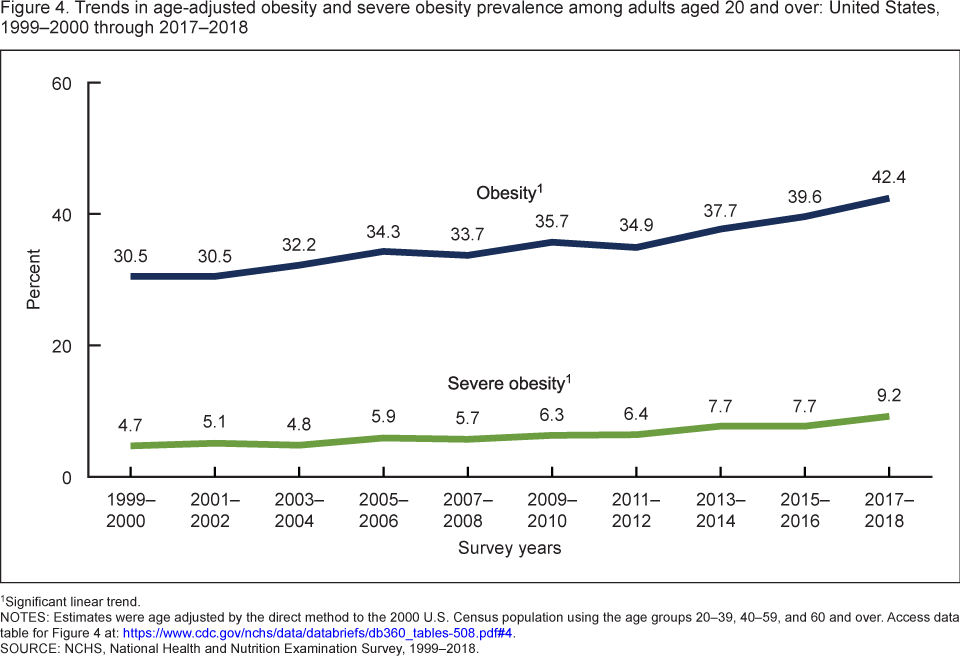

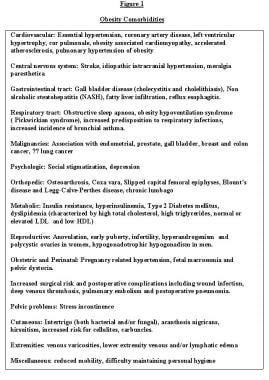
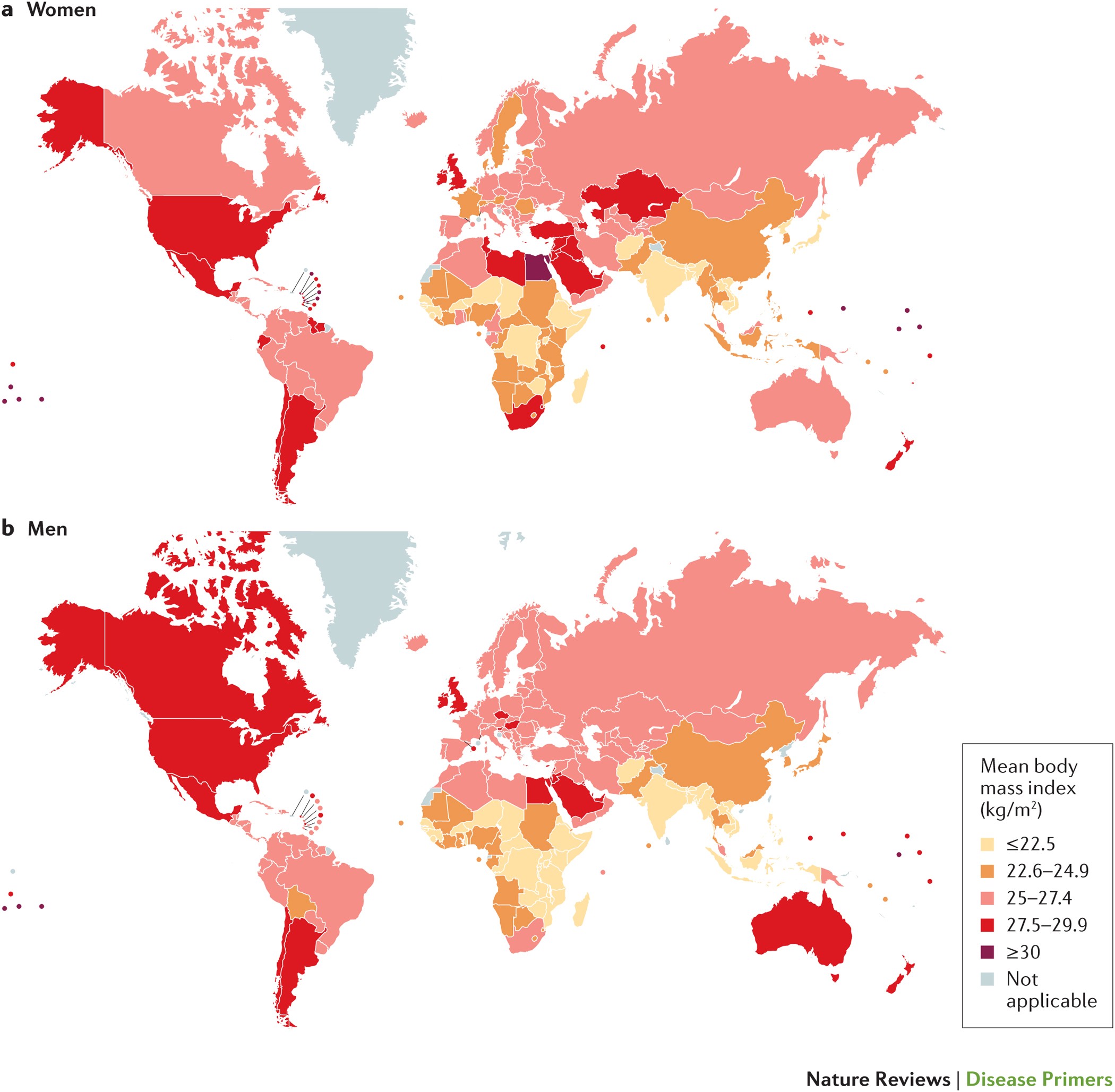


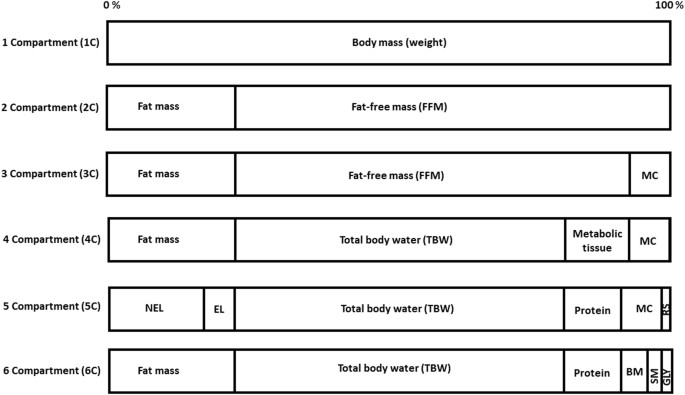




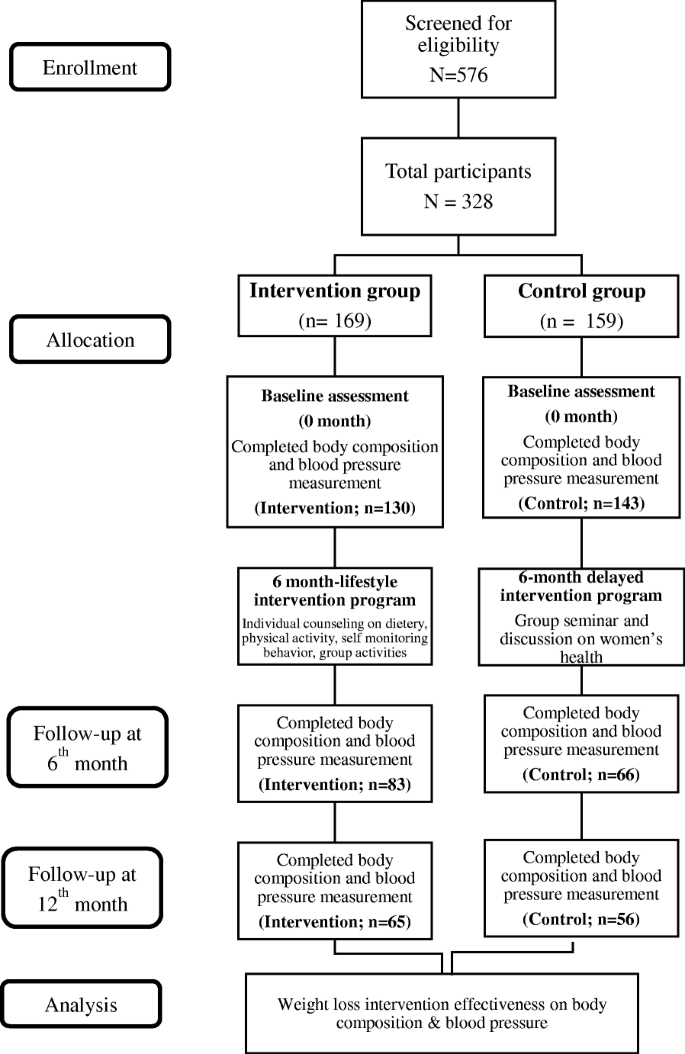


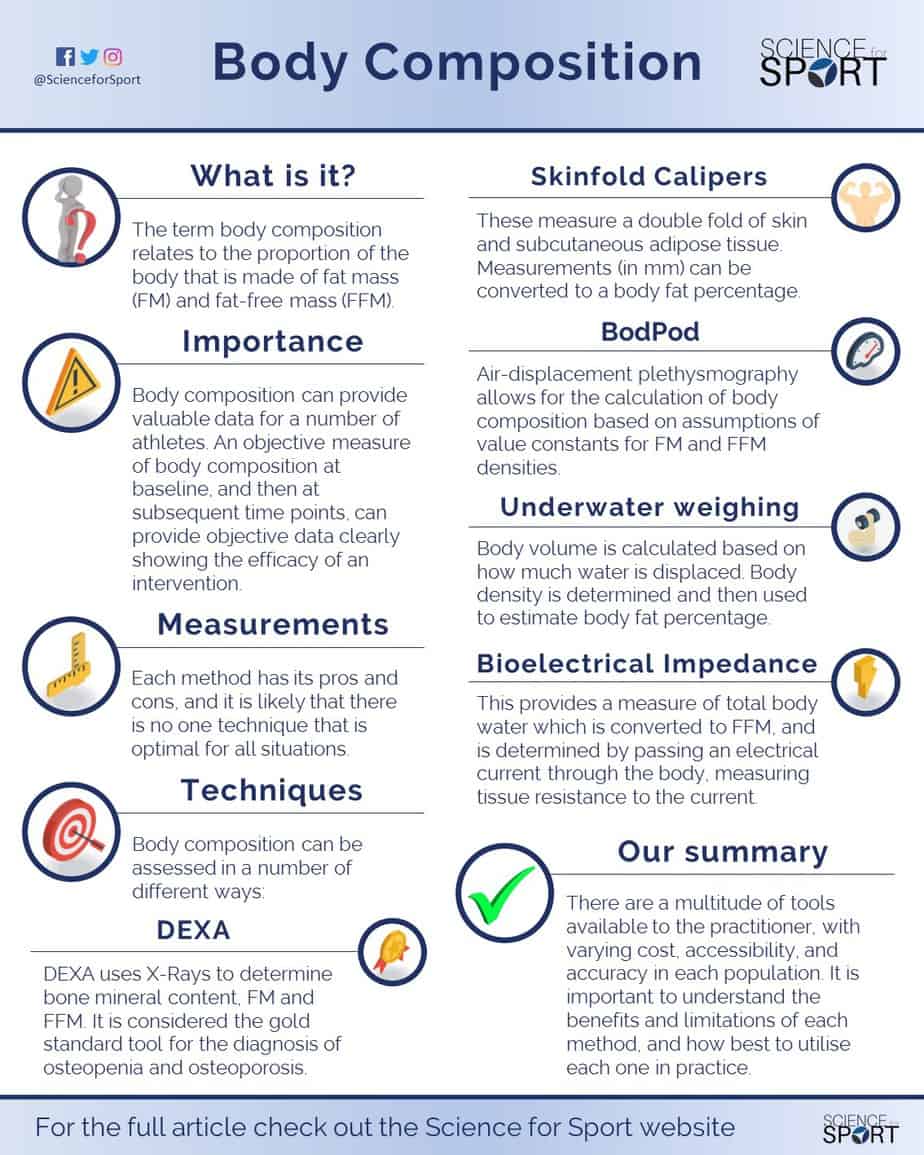
/445205-59a210fa68e1a2001328bf5e.jpg)

